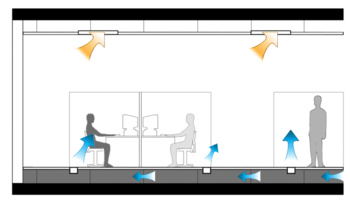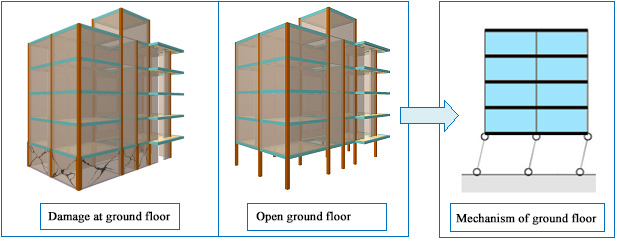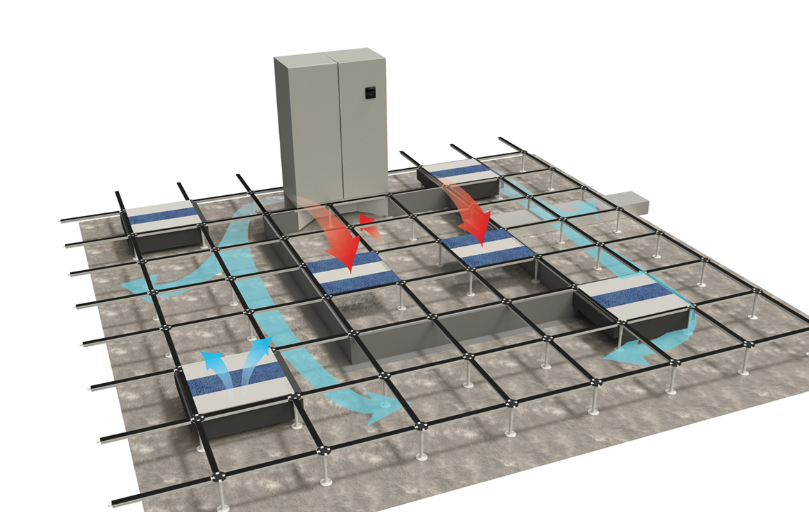The term ceiling effect has two distinct meanings referring to the level at which an independent variable no longer has an effect on a dependent variable or to the level above which variance in an independent variable is no longer measured or estimated an example of the first meaning a ceiling effect in treatment is pain relief by some kinds of analgesic drugs which have no further effect.
Floor effect distribution.
Negative skew floor effect skewed distribution question 9 incorrect 0 2 pts professor kellogg calculates the grades on the first exam for her statistics class.
What kind of distribution is professor kellogg most likely to have br professor kellogg calculates the grades on the first exam for her statistics class.
She finds that students did really well with most students scoring 98 or higher.
Ceiling effects and floor effects both limit the range of data reported by the instrument.
The ceiling effect can occur any time a measure involves a set range in which a normal distribution predicts multiple scores at or above the maximum value for the dependent variable.
Lateral load distribution on transverse floor beams in steel plate girder bridges by k.
The floor effect is what happens when there is an artificial lower limit below which data levels can t be measured.
Psychology definition of floor effect.
What is a floor effect and how does it affect a distribution.
In statistics a floor effect also known as a basement effect arises when a data gathering instrument has a lower limit to the data values it can reliably specify.
The lower limit which affects dependent variables is referred to as the floor and can badly skew a data distribution if not accounted for.
This lower limit is known as the floor.
This is even more of a problem with multiple choice tests.
Usually this is because of inherent weaknesses in the measuring devices or the measurement scoring system.
In layperson terms your questions are too hard for the group you are testing.
There is very little variance because the floor of your test is too high.
It affects a distribution by making it positively skewed.
The term ceiling effect is a measurement limitation that occurs when the highest possible score or close to the highest score on a test or measurement instrument is reached thereby decreasing the likelihood that the testing instrument has accurately measured the intended domain.
A floor effect is when most of your subjects score near the bottom.
When a constraint prevents a variable from taking on values below a certain point.










